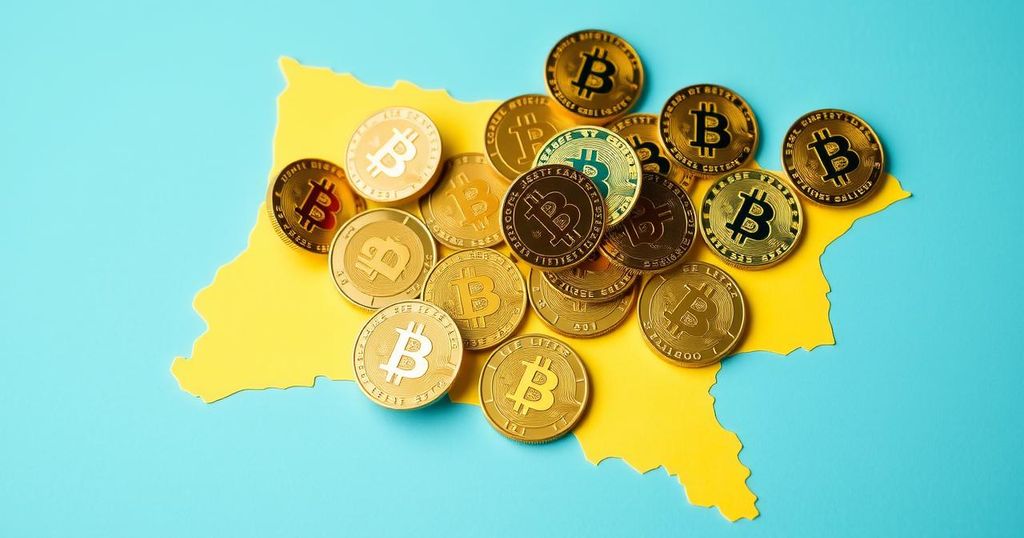El Salvador Defies IMF Recommendations, Continues Bitcoin Purchases
El Salvador continues to buy Bitcoin despite a $1.4 billion IMF loan deal that recommended reducing crypto purchases. Economy Minister Maria Luisa Hayem reaffirmed President Bukele’s commitment to accumulating Bitcoin as part of the government’s long-term strategy. While the IMF agreement mandated better fiscal discipline and allowed companies to choose Bitcoin acceptance, the government’s active involvement in cryptocurrency remains prominent, raising questions about its balance between innovation and fiscal responsibility.
El Salvador is not slowing down its Bitcoin acquisitions, despite the recent $1.4 billion loan agreement with the International Monetary Fund (IMF), which advised the country to rein in its crypto purchases. Maria Luisa Hayem, the Economy Minister, mentioned this in a live conversation during the Web Summit held in Rio de Janeiro. Her statements highlight the ongoing commitment of President Nayib Bukele to continue amassing digital assets.
The loan agreement signed last year came with specific stipulations aimed at stabilising the country’s economy. These included enhancing fiscal discipline and moving away from a heavy reliance on Bitcoin, the very asset that the government is still avidly purchasing. The Bitcoin Office in El Salvador actively shares updates on new acquisitions, indicating that despite IMF pressures, crypto accumulation is very much alive.
El Salvador made headlines in 2021 when it became the first nation to adopt Bitcoin as legal tender, a move celebrated by crypto enthusiasts but critiqued by traditional financial experts. The country’s ratings were notably downgraded as sceptics voiced concerns about potential financial repercussions. The IMF deal also gave companies the flexibility to choose whether they want to accept Bitcoin, presumably to reassure worried investors about the nation’s fiscal health.
In her remarks, Hayem reiterated, “Bitcoin remains an important project,” asserting that both government and private initiatives are ongoing to develop crypto strategies. This suggests that El Salvador is not just passively purchasing Bitcoin; it aims to actively foster an ecosystem around it.
As the country simultaneously embraces innovation while adhering to IMF guidelines, many are left wondering how it will balance these potentially conflicting priorities. The world is watching closely to see how this small nation navigates its dual commitments to cryptocurrency and traditional financial frameworks.




Post Comment